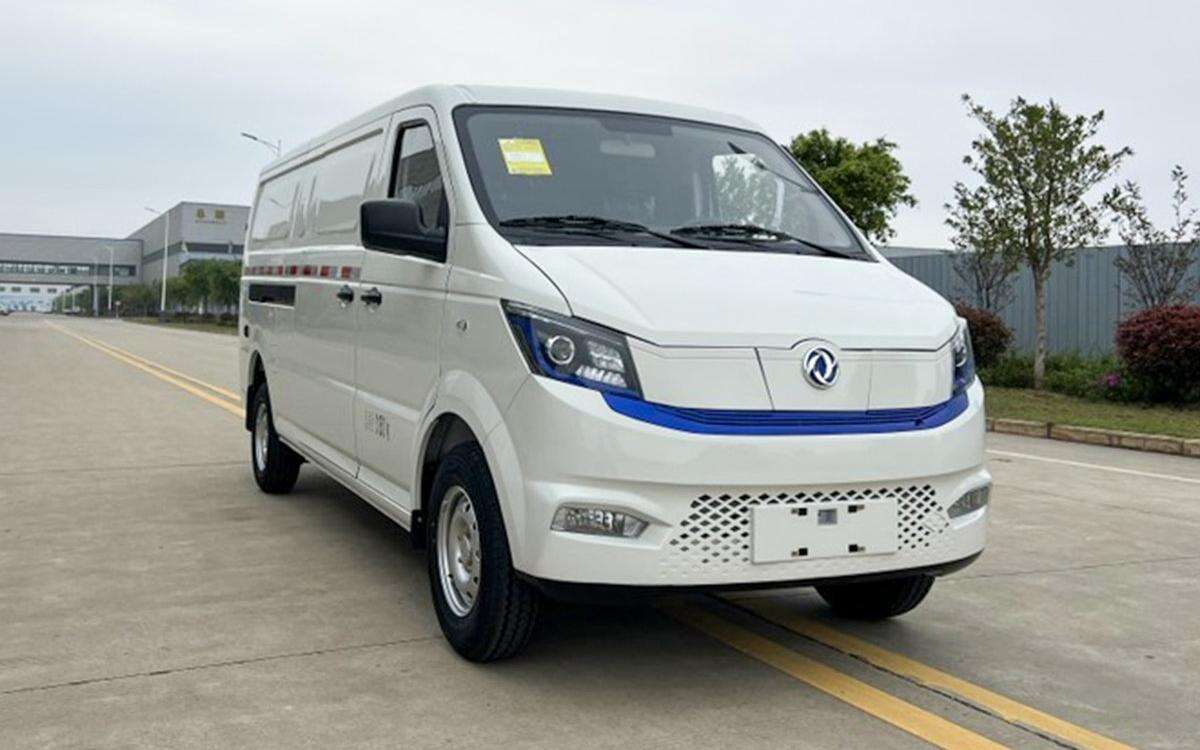electric van price
Electric van prices represent a crucial consideration in the evolving commercial vehicle market, reflecting both initial investment and long-term operational costs. Today's electric vans offer competitive pricing structures that balance upfront costs with significant savings in running expenses. Modern electric vans typically range from $40,000 to $80,000, depending on size, range, and specifications. These vehicles incorporate advanced battery technology, providing ranges between 150-250 miles per charge, making them suitable for various commercial applications. The price point includes sophisticated features such as regenerative braking systems, smart charging capabilities, and advanced driver assistance systems. Many models offer flexible payload capacities ranging from 1,000 to 3,500 pounds, catering to diverse business needs. The total cost of ownership factors in government incentives, reduced maintenance requirements, and lower fuel costs compared to traditional diesel vans. Manufacturers are continuously innovating to improve battery efficiency and reduce production costs, making electric vans increasingly accessible to businesses of all sizes.


